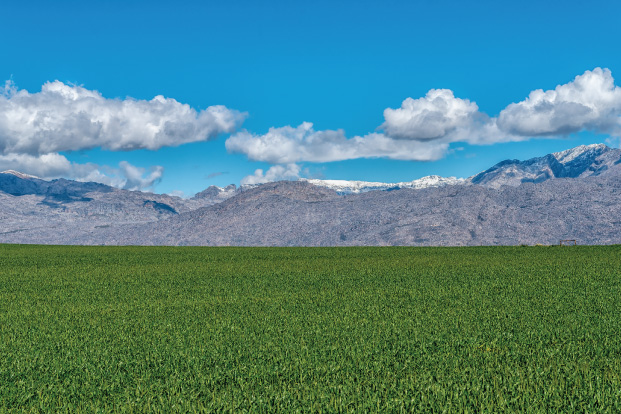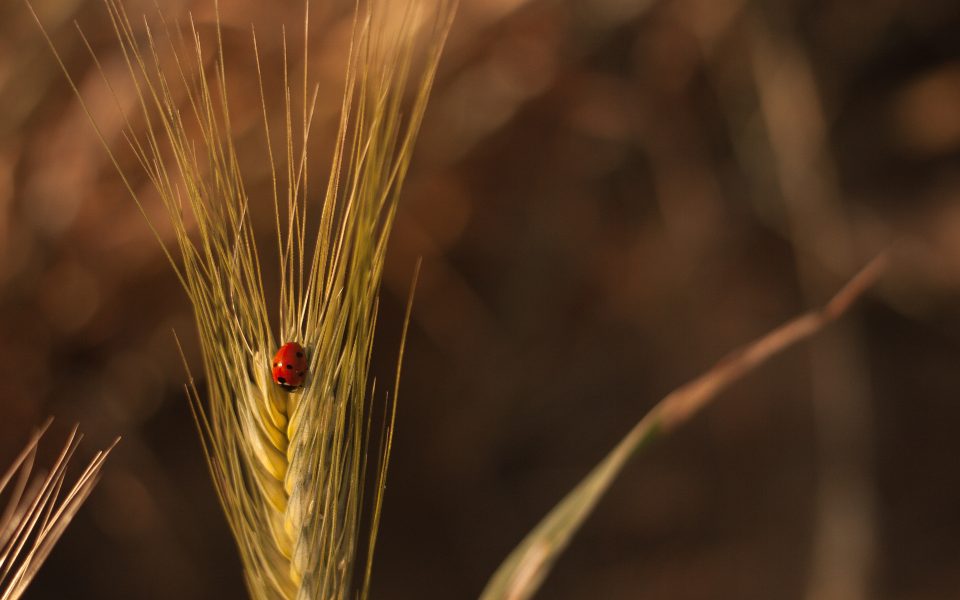Technology is key to food security in Africa

Politieke en ekonomiese vooruitsigte vir die landbou in 2017
January 9, 2017
Western Cape’s dominant export remains agricultural products
March 28, 2017
For small-scale farming in Africa to be sustainable, farmers need better access to new technology, says Agnes Kalibata, president of the Alliance for a Green Revolution in Africa (Agra) in Nairobi and former Rwandan cabinet minister.
Kalibata was in Berlin to attend the Grüne Woche (Green Week), one of the world’s biggest trade fairs on agriculture, nutrition and food security. Deutsche Welle, Germany’s public international broadcaster, spoke to Kalibata and asked her how she thought farming practices could be improved for small-scale farmers in Africa.
How can food security be improved and the agricultural sector be expanded in Africa?
“From an agriculture perspective, we also look at it from an access to technology perspective. Do farmers have access to seeds? Do farmers have access to the right fertilisers? Is agriculture being financed significantly?
“Right now, we know that, of the development finance that is out there, especially in the private sector, only 4,5% is targeted for agriculture. Then there is the markets issue. From the farmers’ perspective, the bottom line would be to have access to key technologies, good seeds and good fertilisers for them to increase their yields.”
So, if you look at small-scale farmers in Africa, how could they get this kind of access?
“We are looking at companies that are actually able to have seeds that are suitable for the kind of environments where these farmers are working. We are looking at businesses that can move fertilisers from wherever they are being produced to near these farmers.
“So, farmers are already accessing input to some extent – but a very limited extent, less than 20%. From a research and development perspective, we are trying to open up that space to ensure that farmers who are being stressed from a climate change perspective have the right seeds to be able to deal with that and to produce.”
What role can international companies play in the agriculture sector in Africa? What role should they play?
“Firstly, companies have the capacity to invest, so they can invest in innovations that are more appropriate. Secondly, work to invest in these very environments with financial institutions and build partnerships that allow access to resources for these communities as well. Because if you are involved in those specific communities and if you are willing to invest in them, it also allows resources, as well as people who are trading or doing business with resources, to come closer.” – All Africa
Source: AgriOrbit



